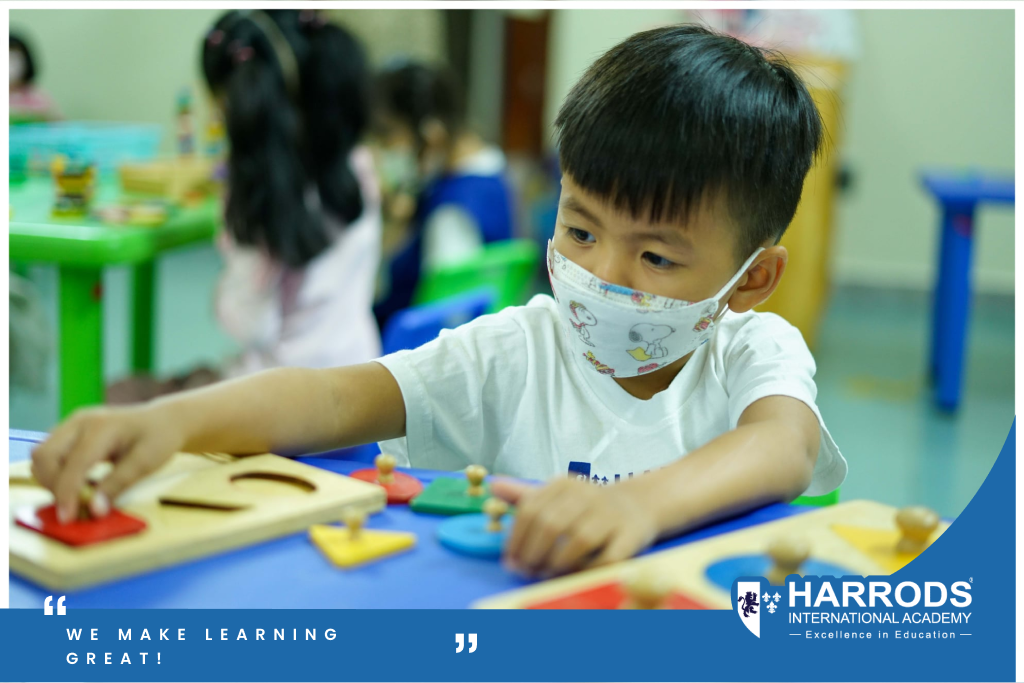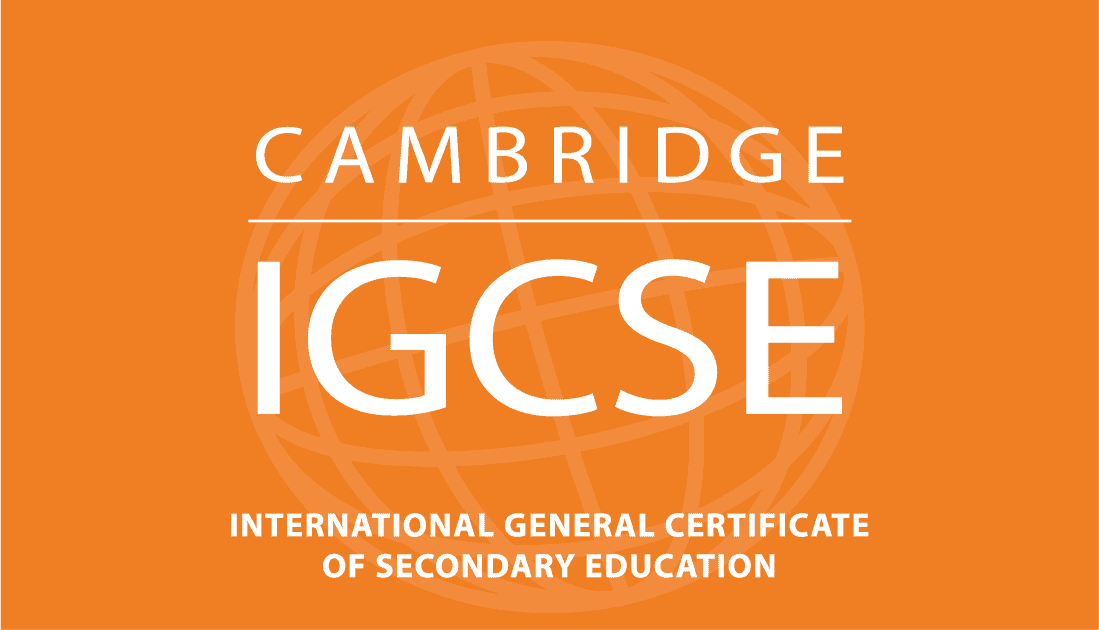Table of Contents
Soft skills combine interpersonal traits such as collaboration, compassion and creativity. Instilling these values in kids is critical to equipping them for academic achievement and job prospects. Early development of soft skills promotes well-rounded individuals who mature into confident and socially adept adults. This article will discuss the top soft skills that every child should develop in upper primary schools.
What are Soft Skills?
Soft skills are vital traits that allow humans to interact and connect with others. Communication, teamwork, empathy and creativity are some examples of these. They are fundamental for fostering healthy connections, promoting collaboration and tackling social obstacles. Teaching your kids these valuable skills will help them achieve academic and professional success.
Why are Soft Skills Important?
After learning what are soft skills, it’s crucial to understand why every child should gain these skills. Here are the most notable benefits kids can avail from learning these vital abilities:
- Teaching soft skills improves children’s ability to communicate clearly and listen attentively.
- These characteristics boost self-esteem through positive interactions and public speaking possibilities.
- Inculcating social skills prepares students to lead, encourage, and influence others efficiently.
- Social skills teach children traits like empathy, self-awareness, and effective emotional regulation.
- Imparting children with social skills helps them cope with changes and uncertainty with confidence.
List of Essential Soft Skills for Students:
Listed below are some fundamental soft skills and the numerous benefits each offers. Learn how your kids can benefit from these:
1. Communication:
Communication is the capacity to successfully express ideas through speech, writing, and nonverbal clues. It is fundamental to support academic achievement and social relationships. Effective communication promotes learning by encouraging students to engage in conversations and communicate their thoughts.
Communication fosters teamwork, enabling students to work collectively and overcome differences. Interpersonal abilities are critical for career opportunities, shaping eloquent and persuasive individuals. These abilities boost confidence and social awareness, allowing children to form lasting relationships.
2. Team Work:
Teamwork involves working together to reach a shared goal by utilising each member’s talents and experiences. For students, it is critical to improve learning experiences via deeper comprehension with shared knowledge and varied viewpoints.
Collaboration prepares learners for real-life scenarios where cooperation is essential. Working in groups fosters patience and adaptation, allowing students to manage social dynamics and create interpersonal relationships. These abilities are vital for academic performance at IPC schools and potential career opportunities.
3. Time Management:
Time management is the capacity to plan and regulate how they spend their time. Understanding time management is critical for students as it impacts their academic success. It enables learners to prioritise tasks and allocate enough time for learning and extracurricular activities.
Healthy time management imparts discipline, reduces procrastination and enhances productivity. Students who manage their time well can attain their objectives efficiently. These abilities are critical for academic performance and future personal and professional growth.
4. Critical Thinking:
Analytical thinking is the ability to review information and make wise decisions. It is vital as it improves students’ capacity to comprehend complex concepts and solve problems. Critical thinking boosts intellectual curiosity, prompting learners to challenge assumptions and consider alternative perspectives.
This soft skill is essential for continuous learning and academic achievement, enhancing the capacity to express well-supported arguments. Critical thinking equips students with real-world obstacles, allowing them to navigate uncertainty and contribute to their communities.
5. Empathy:
Empathy is the capacity to identify and connect with others’ feelings. Students must develop healthy social relationships. Empathetic learners are better at dispute resolution and peer collaboration, thus rendering them caring and considerate individuals.
Empathy encourages emotional intelligence, assisting kids to manage their own emotions. It is an essential soft skill for students as it promotes collaboration, eliminates bullying, and fosters a healthy school environment. Empathy helps kids have meaningful, peaceful connections throughout their lives.
6. Problem-Solving:
Problem-solving refers to the ability to face challenges and build unique solutions. Students should master problem-solving skills to improve their reasoning and decision-making capabilities. It enables them to face academic challenges, manage social dynamics, and overcome hurdles confidently.
Effective problem-solving encourages kids’ independence, adaptability, and creativity, enabling an optimistic outlook. It is necessary for lifelong learning in a rapidly changing environment. Students with excellent problem-solving abilities are better equipped for professional opportunities and everyday challenges.
7. Creativity:
Creativity is the capacity to create new ideas and think outside the box. Fostering creativity is critical for learners, enabling them to approach problems from fresh viewpoints. It fosters intellectual curiosity, leading to greater engagement by exploring diversified topics.
Creativity supports self-expression and confidence, allowing children to share their unique perspectives. It is essential for emotional development, providing an outlet for feelings and ideas. Creativity helps learners develop the adaptability and ingenuity necessary for future success.
Conclusion:
Imparting soft skills in kids is vital for their continued growth and success. These abilities are crucial in personal and professional contexts. Parents who teach essential soft skills early in their children’s lives equip them for academic success, career readiness and genuine connections. Emphasising these talents can lead to their future success and contentment.



























